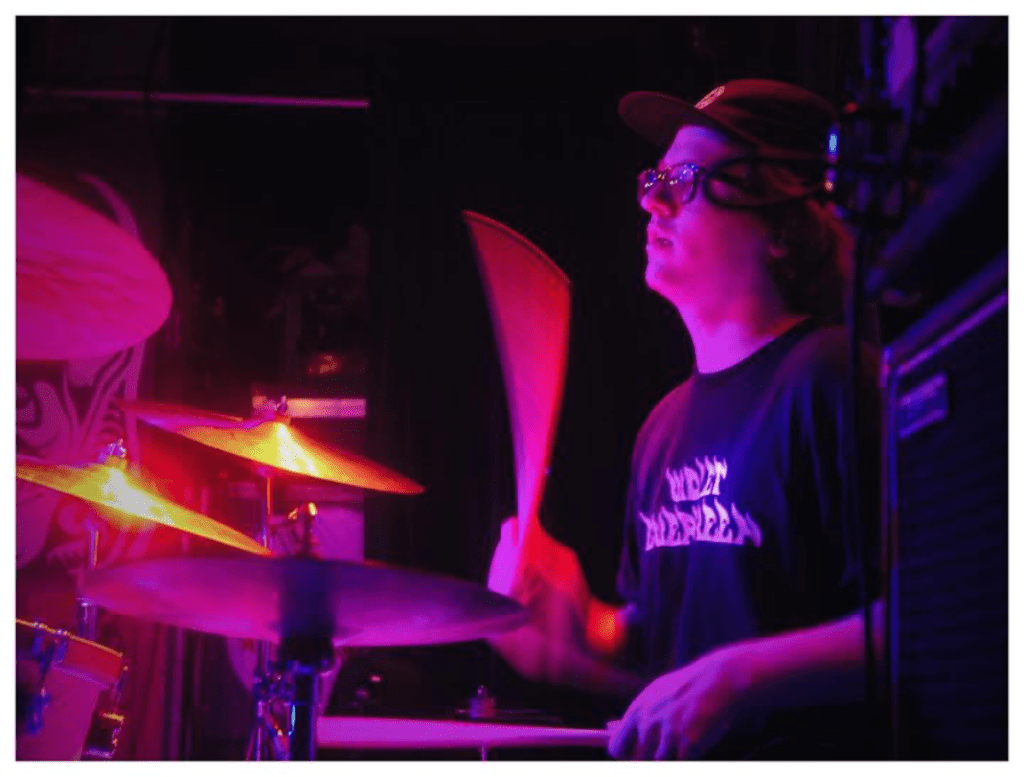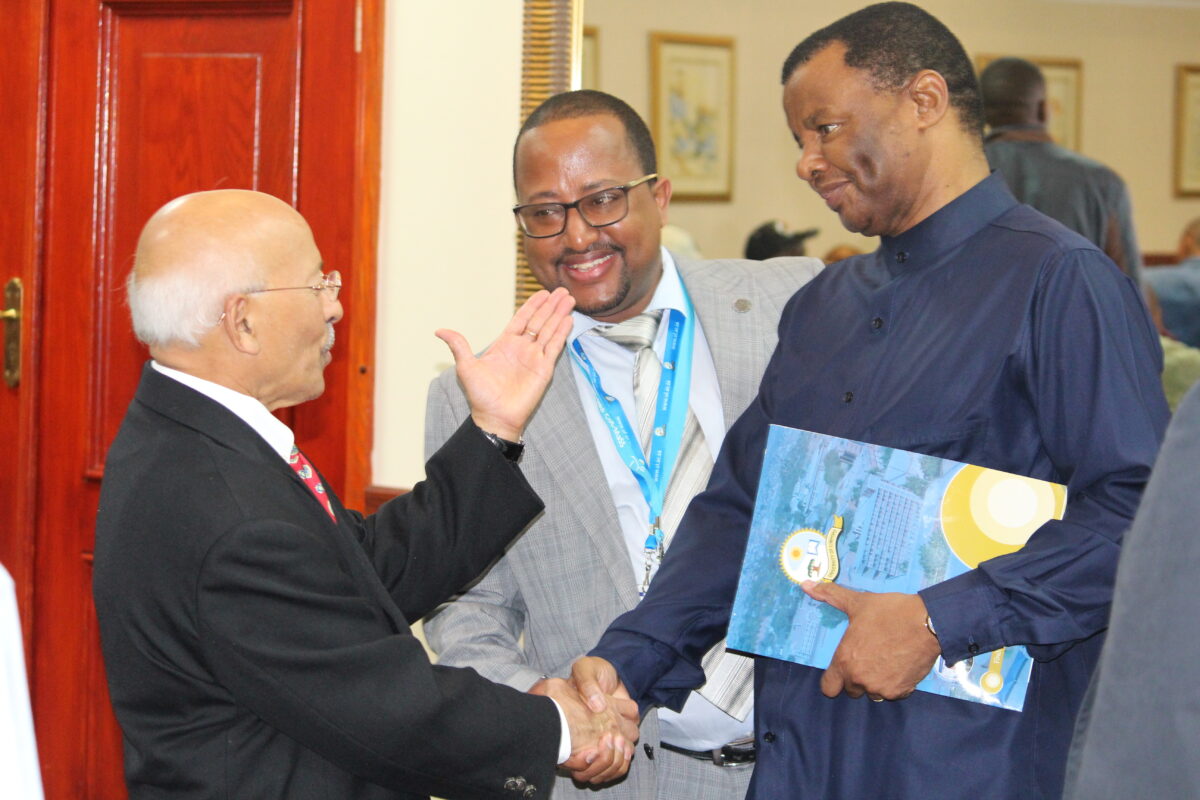In fall 2011, Michele Osherow, associate professor of English, and Manil Suri, professor of mathematics, collaborated to jointly teach a freshman seminar, “Mathematics and What It Means to be Human,” in which they explored the connections between the two disciplines.
They are discussing their collaboration, and its challenges, in a three-part series on The Chronicle of Higher Education.
In the first part of the series, the two discuss what led them to teach the class, and their experiences in planning it.
“Ever since the word problems my father forced on us at dinner, I’ve always been terrified of math,” Osherow says. “Manil had made the math in the play [Arcadia] interesting and almost familiar; the complexities hypnotized me a bit… Might the allure of mathematics captivate the incoming freshmen? Hard to tell, but if it could, I was sure Manil was the person to supply it.”
“When Michele tantalized me with a whole semester’s worth of such highs with a class full of enthusiastic (OK, at least captive) students, the endorphin factory in my brain went into high alert,” writes Suri.
In the second installment of the series, the two discuss the challenges of teaching the course (including their own conflicts), and watching their students discover the connections between the disciplines.
“I think the students liked those days when Manil and I went at it. I liked those moments, too, because I not only had to confront another perspective head on but also had to challenge my own. I loved seeing the baffled expressions of the students while their instructors disagreed; the things we were asking them to consider were perplexing and appropriate,” writes Osherow.
“They’d now glimpsed the future: the digitalization of the humanities, the emphasis on statistical and quantified evidence, the interconnectedness of human experience,” says Suri.
In the third, and final, installment, the two professors write about the students’ final projects (“Mathematically deepest of all was an instrumental composition that musically interpreted what it means to be a sine (or cosine) function—by a humanities scholar inspired to take calculus this semester,” writes Suri) and the ultimate value of the class.
“Though there are a lot—I won’t say infinite, but an impressive batch of natural numbers’ worth—of moments I’d redo if I could, I would not have missed out on co-teaching this seminar, tricky as it was. There is a language to mathematics, and I’m devoted to seeing what language produces and provokes.,” Osherow concludes.



